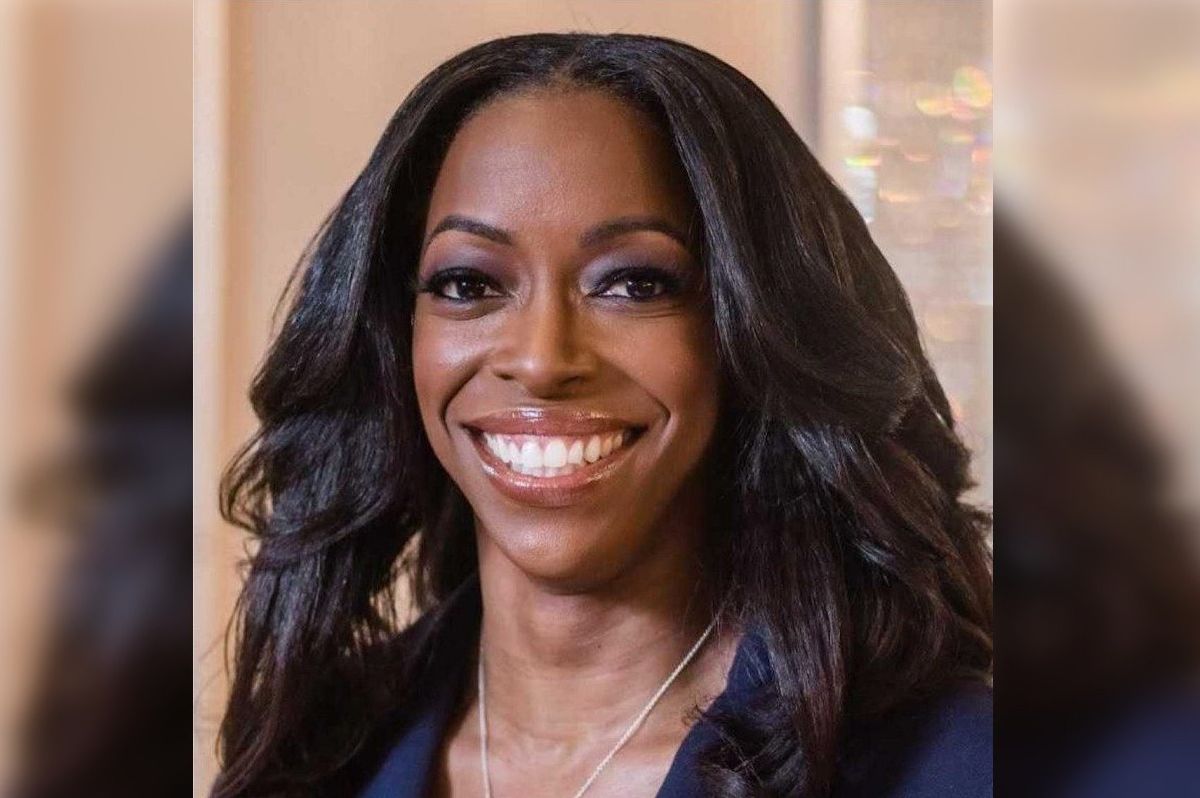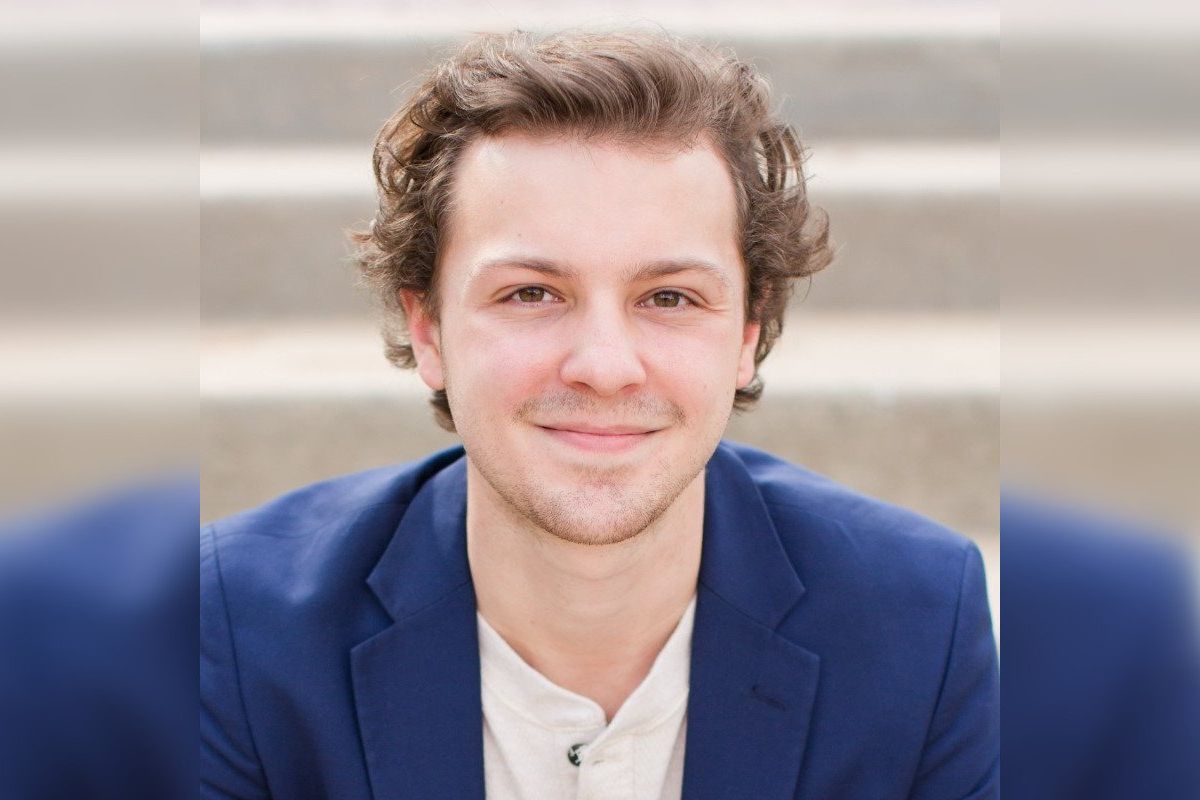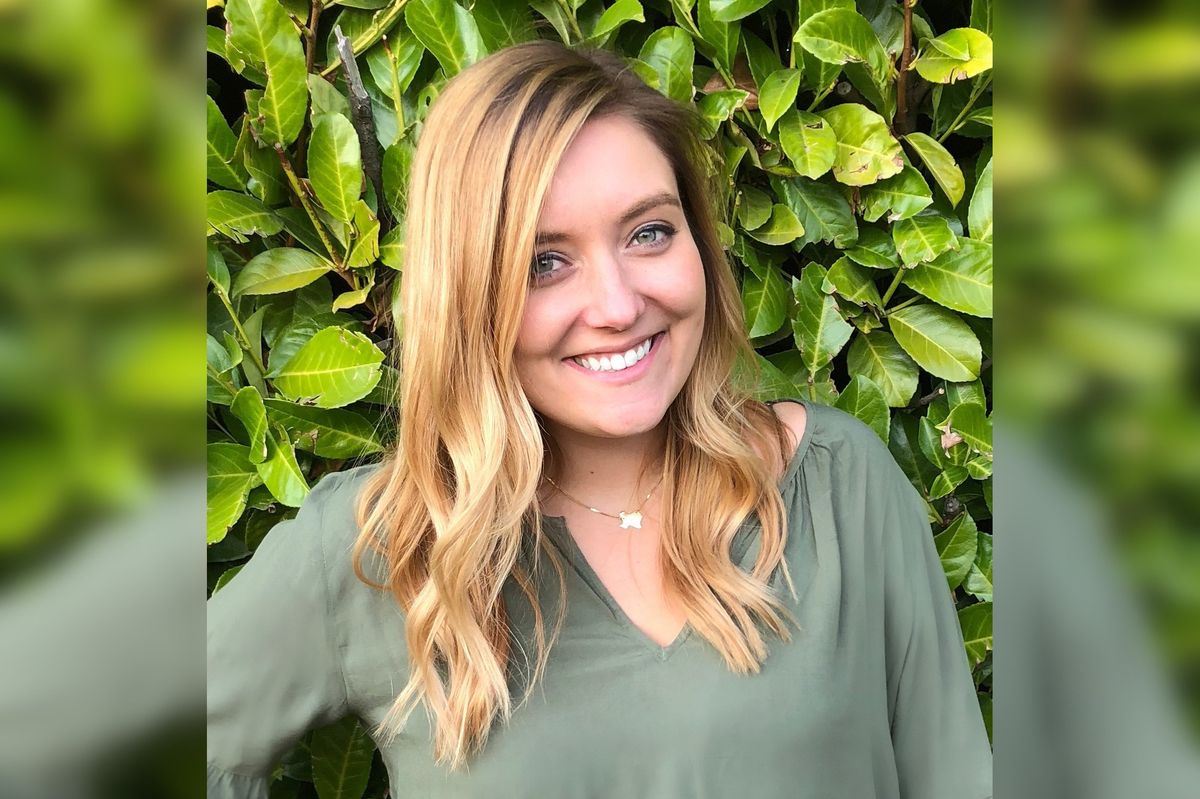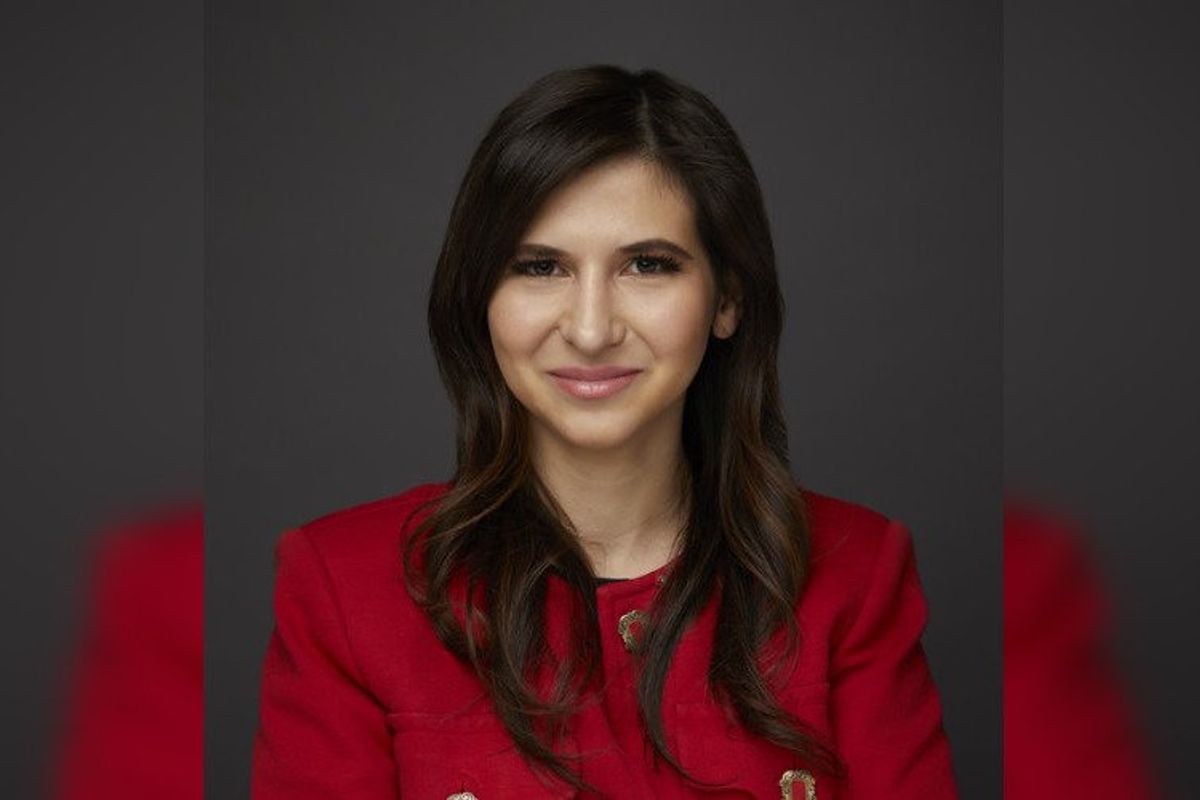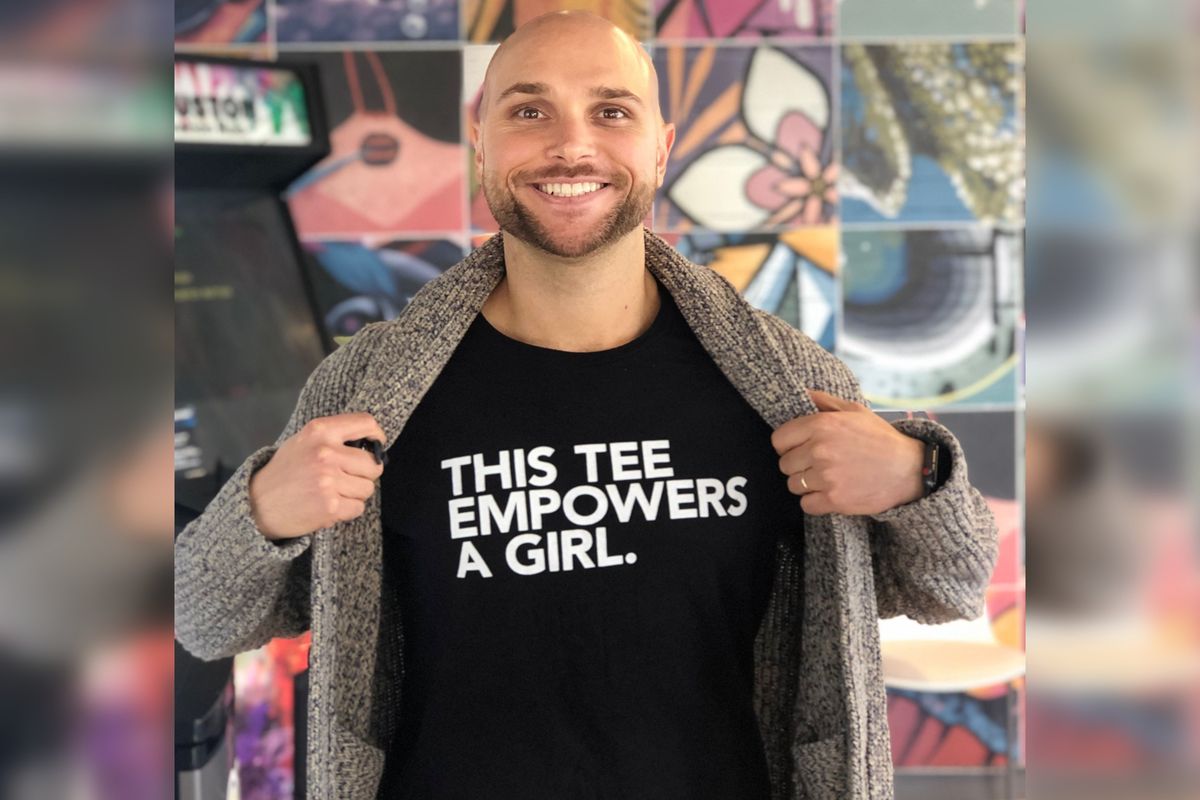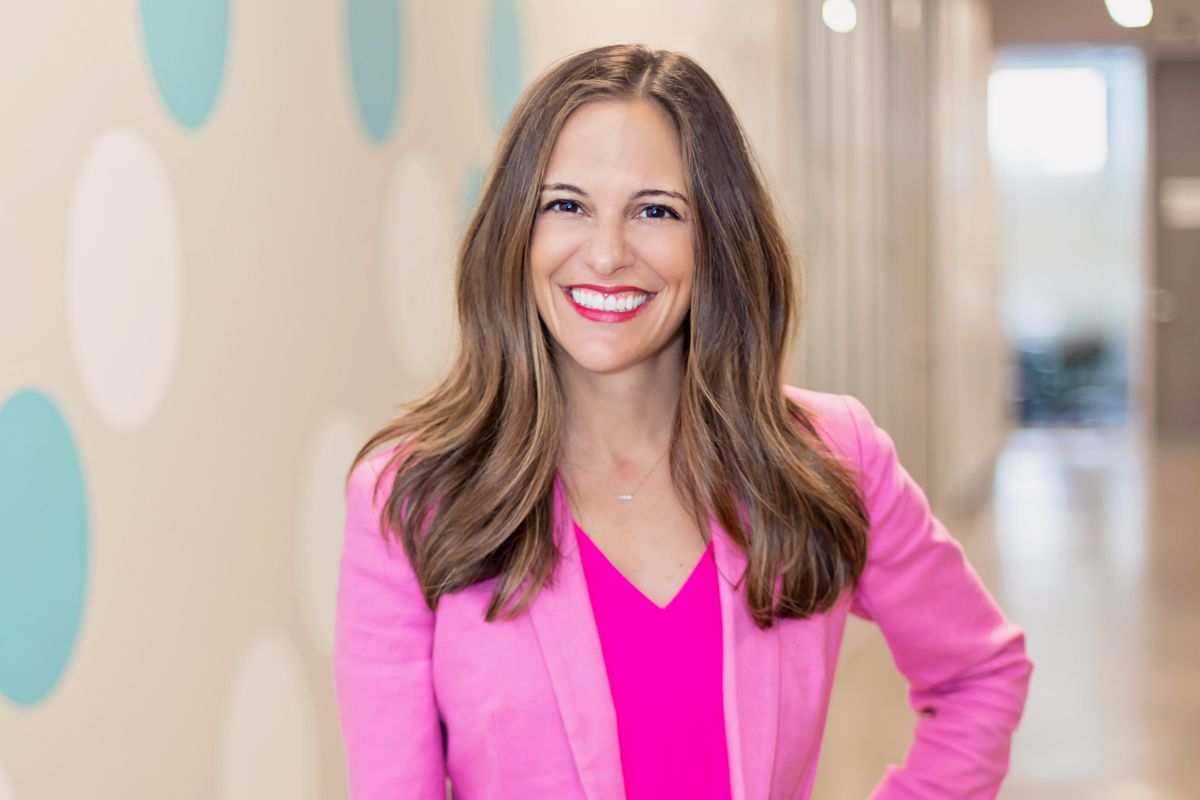Houston female-focused health tech accelerator names top companies at annual event
you go girls
A Houston organization that accelerates and supports female founders leading innovative health tech startups has concluded its 2024 program with the announcement of this year's top companies.
Ignite Health, an accelerator founded in 2017 by longtime Houston health care professional Ayse McCracken, named its 2024 winners at its annual Fire Pitch Competition in Houston last month. The companies pitched health tech solutions across lung health, renal therapy, breastfeeding tech, and more.
"This year’s competition was a culmination of passion, innovation, and hard work from the top startups in our 2024 Accelerator Program," reads a LinkedIn post from Ignite. "These trailblazing founders earned their spot on the stage by demonstrating exceptional leadership and the potential to revolutionize the healthcare industry with their solutions and devices."
First place winner was Sarah Lee, CEO and co-founder of Relavo, a New York-based company that's making home dialysis more effective, safer, and more affordable. Lee accepted awards from Johnson & Johnson and Wilson Sonsini Goodrich & Rosati.
Therese Canares, CEO and founder of CurieDx, took second place and won its awards from SWPDC - Southwest National Pediatric Device Innovation Consortium and Wilson Sonsini. CurieDx, based in Baltimore, Maryland, is creating remote diagnostic tools using smartphone technology.
In third place is Andrea Ippolito, CEO and founder of SimpliFed, a company focused on democratizing access to baby feeding and breastfeeding services through virtual care that's covered by insurance. The startup won awards from Texas Children's Hospital and Wilson Sonsini Goodrich & Rosati.
Three other finalists won other awards, including:
- Kadambari Beelwar, CEO and co-founder, Henderson, Nevada-based Truss Health, which created an AI-powered sensor fusion platform that's designed to detect early signs of infection, won an award presented by Memorial Hermann Health System and Golden Seeds
- Mimi Gendreau Kigawa, CEO and co-founder of New York-based Zeph Technologies, an AI-lung care company with technology for clinicians to deliver pulmonary care to patients with chronic respiratory disease, won an award presented by CU Innovations and Houston Methodist
- Ashley Yesayan, CEO and co-founder, New York-based OneVillage, a software platform meant to support patients and family members through trying health events, won an award presented by CU Innovations
The companies were evaluated by the 2024 judges, which included: Allison Rhines, head of JLABS Houston; Andrew Truscott, global health technology lead at Accenture; Angela Shippy, senior physician executive at Amazon Web Services; Kimberly Muller, executive director of CU Innovations at University of Colorado Anschutz Medical Campus; Myra Davis, chief innovation and information officer at Texas Children's Hospital; and Winjie Tang Miao, senior executive vice president and COO of Texas Health Resources.
- Houston female-focused health tech pitch competition names big winners ›
- Houston health tech leader to expand accelerator to continue connecting female founders ›
- Houston health tech startup wins female-focused pitch competition ›
- Houston female-focused health tech pitch competition names top 3 startup founders ›
- Houston health tech accelerator names annual cohort ahead of its pitch competition ›
- Houston health tech accelerator launches nonprofit to spark, support female leaders in the industry ›

 Speakers included leaders from the participating organizations. Photo courtesy of Accenture
Speakers included leaders from the participating organizations. Photo courtesy of Accenture